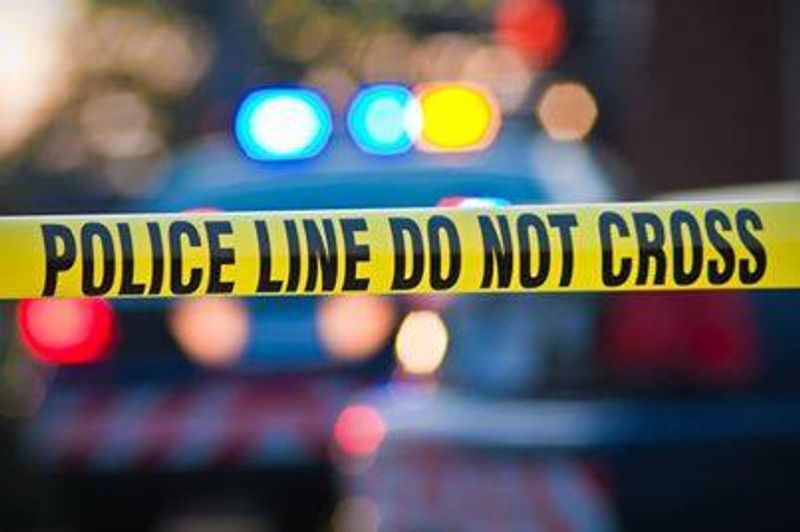By Burt Springer
I’m O.K.; I’m waiting for my attorney.
No one wants or plans to be involved in a shooting. Most shootings happen in split seconds. Generally there is little time to evaluate the situation and make decisions except for those decisions based upon training and instinct.
When you took the job as a law enforcement professional, you became part of the criminal justice system. This is the only profession that can legally take someone’s life. As a law enforcement officer someday you may have to choose to take another person’s life by deadly force. Should you be put in this unenviable position you must remember that society does not like this and that you must expect go through the steps your government has devised to ensure that you did the correct thing.
If there ever was a statement that every police officer should get into their vocabulary this is it:
… I’m O.K., I’m waiting for my attorney.
You may not be afforded this opportunity but you should ask for it anyway. If your union or association has counsel on retainer, then ask for him to come to the shooting scene. Your Union or Association should be prepared for this kind of event. Hire someone with experience in these matters. They should be aggressive in the protection of the rights of those involved in a shooting.
Even if the shooting you were involved with was a “good” shooting.
Before you say something that you can never change. Remember, any statements you make to supervisors or others at the scene can never be taken back. When is it a good time for you to talk? Certainly not right after a shooting or deadly force incident. You should try to relax and get away from the scene if possible. If your department allows for it you should try to have a few hours rest away from the scene. If you could answer questions the next day you should take the opportunity. You should watch what you say when your emotions are at a peak. You will generally not be in full control. It’s not that you may not tell it, as it should be, but more importantly, you must tell it as it was, not like it is now.
Because…
Besides the crime scene technicians and the detectives and your fellow officers at the scene, others will appear. Some of them have their interests at heart not your interests. Certainly someone from the Chief’s Office will be there. You can bet that Internal Affairs will be there. Homicide Division will be there also along with the District Attorney’s office. Someone from the Civil Rights Division might also be there. Each has his own agenda and what you say can and will be used to “paint” a picture about what has happened. Your words will be forever written in stone. You can’t take them back.
Words of Advice…
Tell it as it was not as it is now. If you were in a dark deserted warehouse that has been the target of burglaries then describe it as it was. You can hardly expect those asking you the questions to put themselves in your shoes when all the lights are now on and the warehouse is crawling with people.
After the hammer has hit the pin it doesn’t matter anymore. Stop talking at the time you shot the suspect. What you eat for dinner, the fact that you are having marital problems has nothing to do with the shooting.
Stop…Shut up. It will not get any better.
If you go before a Grand Jury, you must be seen as a person. Leave Macho Man at the house or station house. You shot the person because you had fear for your life or the life of another…period.
Administrative Review…
No one in the department is your “friend”. Not the Chief… Not IA. Just because they wear a uniform does not mean that they will do anything more than what their job duties call for. The Chief may:
A. Fire you.
B. Suspend You.
C. Put you on Administrative Leave
He will make sure that he has his job after the shooting. When was the last time you heard an IA investigator saying he is out to protect your job and your rights. Remember that before and when you speak.
Remember, society does not like police shootings and you must expect to go through the steps society and your department dictates if you shoot someone. Remember…
I’m O.K., I’m waiting for my attorney.
Burt Springer is the General Counsel of the Harris County Deputies Organization. He is also the General Counsel of the Texas Union of Police and Deputy Sheriffs. Burt is a former Deputy Sheriff in St. Charles Parish, Louisiana and a former Police Officer in the City of Houston. He has represented Officers in over 200 police shootings.

